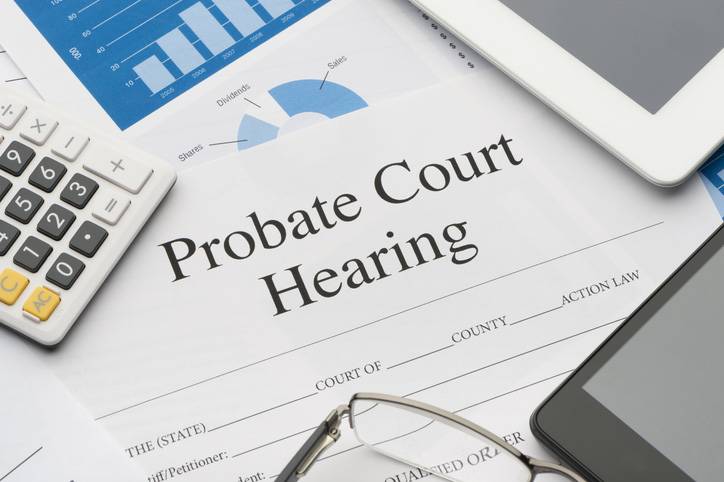
A significant goal of estate planning for many people is avoiding probate, the court process by which a will is proved and its provisions are carried out. The proceeding can be lengthy, expensive and complicated, especially for large estates with multiple creditors and contentious heirs. Among the ways to get around probate is to use a method of passing property automatically to a named beneficiary. A transfer-on-death-deed (TODD) is one such tool.
A TODD permits a real property owner to designate one or more beneficiaries to receive the owner’s interest in upon his or her death. In this respect, it is similar to a pay-on-death provision in a bank account or investment account agreement. The designated beneficiary has no rights in the property until the owner passes away. At that time, the property changes hands without need of any legal action.
The preparation and filing of a TODD are fairly simple. It must be in writing, signed by the property owner, and the signature must be notarized. It must then be filed with the deed records office in the county where the property is located. While the owner is alive, he or she maintains complete control over the property and can revoke the TODD or change the named beneficiary.
While the chief benefit of a TODD is that the transfer of the property occurs outside of the probate court, there may be instances where a court ruling may be necessary.
If the property owner also has a will and there is a conflict between the will and the TODD, the TODD usually governs the disposition of the property. However, If the property is held in a joint tenancy with rights of survivorship, those rights take precedence over the TODD.
If there is one beneficiary named in the TODD and he or she dies before the owner, the property goes into probate and is distributed under the owner’s will, if any, or according to Texas intestacy law. However, the TODD can name an alternate beneficiary to avoid that situation.
Also noteworthy is that a minor named as a beneficiary of a TODD does not take ownership until reaching the age of majority. A court must appoint a guardian to manage the property in the interim.
Even with these limitations, a transfer-on-death deed is a convenient way to ensure a major asset goes to the beneficiary of your choosing with little or no expense to them. Even if you have a will, transferring large assets outside of its contours can greatly reduce the part of your estate that must be probated and so make the process simpler and less expensive.
Hayes, Berry, White & Vanzant, LLP handles estate planning matters for North Texas clients, in addition to other asset preservation concerns. Call us at 940-230-2386 or contact us online to make an appointment for a meeting at one of our offices, located in Denton, Flower Mound, and Gainesville.
